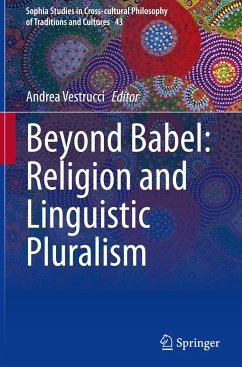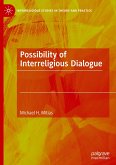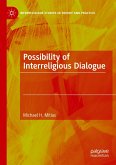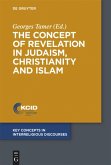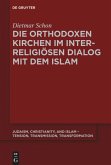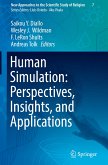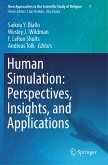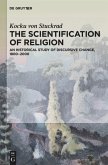This volume is the first attempt to investigate explicitly how the multiplicity of religions and forms of spirituality interconnect with the pluralism of languages, including scientific codes, formal languages, and artistic expressions. In a journey "beyond Babel", the volume explores how religious and linguistic pluralisms enter into polyphonic relations, how they co-evolve and grow together, and why they clash.
This text provides the setting for a dialogue on a rich variety of religious languages and traditions, including Hinduism, Judaism, Islam, Jainism, and Christianity. The chapters explore how these traditions can venture into new interreligious paths, how sacred meanings translate into vernacular speeches, how religious identities and scientific notions interacts, what role emotional expressions play in interfaith encounters, and the impact of Artificial Intelligence on beliefs.
The book is authored by esteemed senior scholars, established researchers, and exceptional junior doctorate holders whose expertise spans across religious studies, the history of science, philosophy, fine arts, theology, linguistics, computer science, and legal studies. This volume contributes to interfaith studies and teaching, to sociology and philosophy of religion, and to the history and anthropology of religion and the sacred arts. It is intended to reach students, researchers, instructors, and professionals alike.
This text provides the setting for a dialogue on a rich variety of religious languages and traditions, including Hinduism, Judaism, Islam, Jainism, and Christianity. The chapters explore how these traditions can venture into new interreligious paths, how sacred meanings translate into vernacular speeches, how religious identities and scientific notions interacts, what role emotional expressions play in interfaith encounters, and the impact of Artificial Intelligence on beliefs.
The book is authored by esteemed senior scholars, established researchers, and exceptional junior doctorate holders whose expertise spans across religious studies, the history of science, philosophy, fine arts, theology, linguistics, computer science, and legal studies. This volume contributes to interfaith studies and teaching, to sociology and philosophy of religion, and to the history and anthropology of religion and the sacred arts. It is intended to reach students, researchers, instructors, and professionals alike.

